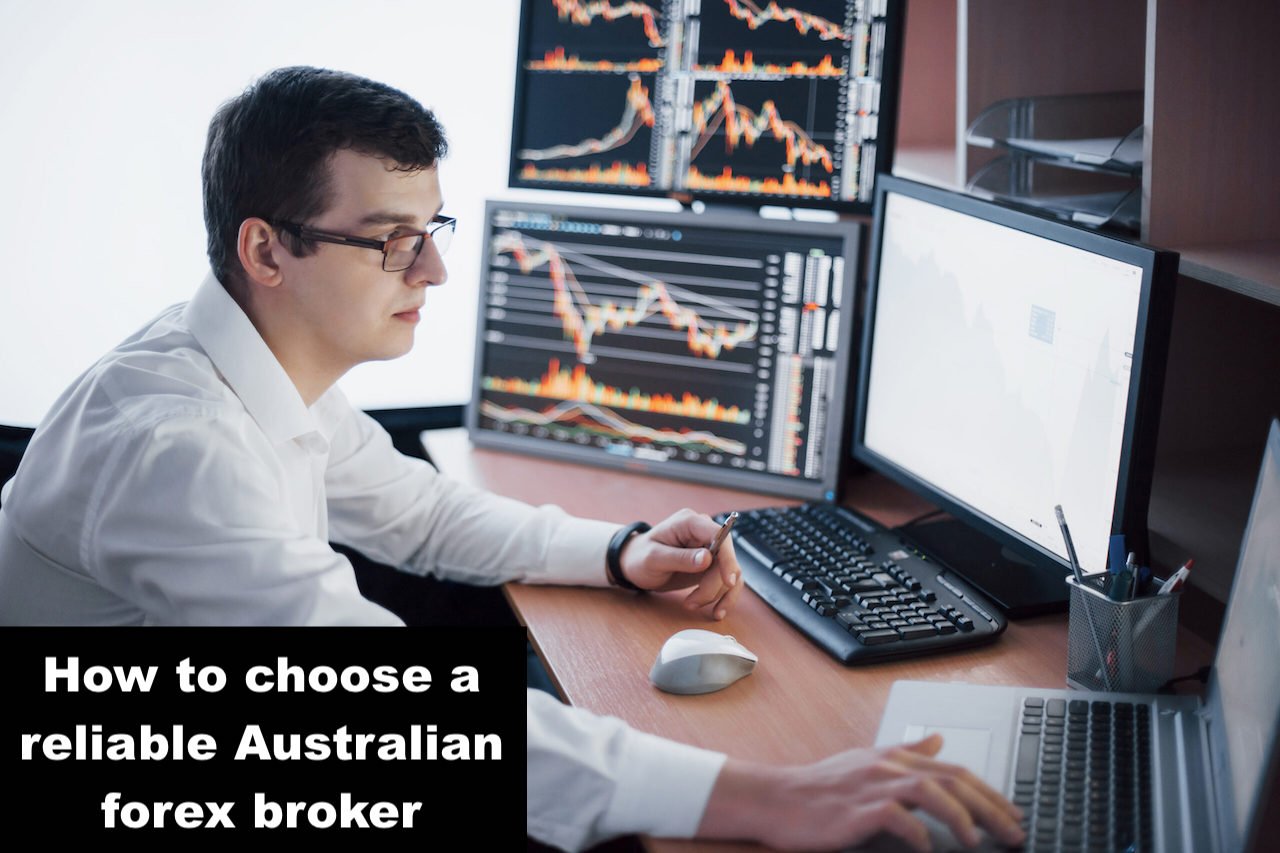When you first venture into the world of forex trading, the first step is finding a reliable forex broker. However, with so many brokers to choose from, how do you know which is right for you? In this article, we will outline some essential factors to consider when choosing a broker and provide a list of some of the best and most reputable brokers operating in Australia.
What is a forex broker?
An Australian forex broker is a firm that facilitates the buying and selling of currencies on the foreign exchange market. In other words, they act as a middleman between traders and the market. When you place a trade with a broker, they will execute it on your behalf on the relevant exchange. For their services, brokers charge a commission or spread.
A forex broker can either be a dealing desk or a non-dealing desk broker. A dealing desk broker (also known as a market maker) is a company that provides liquidity to its clients by taking the other side of their trades. In other words, when you buy a currency pair from a dealing desk broker, they will simultaneously sell it to you. Dealing desk brokers make money from the spread and can also trade against their clients.
A non-dealing desk broker, on the other hand, does not take the other side of their client’s trades. Instead, they earn commission by charging a small fee for each trade their clients make. Non-dealing desk brokers must always find another party to take the opposite side of their client’s trade.
Advertisement
Content in this Article
Why do you need a forex broker?
You could try to trade without a broker, but it’s challenging when you don’t know how to trade forex. The fx market is an electronic network of banks, institutions, and individual traders that trade currencies 24 hours a day, five days a week. An individual can’t access this market directly.
A forex broker provides access to the market and allows you to trade on it. They also provide you with a platform (software) that you can use to place trades and track your account balance. In addition, brokers can offer other services such as training, research, and customer support.
What to look for when choosing a forex broker
There are many factors that you should consider when choosing a forex broker. Some of the most important ones include the following:
Regulation: You must choose a broker regulated by a reputable financial authority such as the Australian Securities and Investments Commission (ASIC). It will ensure that your broker is operating legally and will be held accountable if they engage in unethical or illegal practices.
Account types: Make sure to choose a broker that offers an account type that suits your trading style and needs. For example, if you are a beginner trader, choose a broker that offers a demo account to practice trading with virtual money before risking your capital.
Trading platforms: Most brokers offer their clients a choice of different trading platforms, such as the popular MetaTrader 4 (MT4) platform. Make sure to choose a broker that offers a platform that you are comfortable using.
Commission and spreads: When choosing a broker, it is essential to compare their commission and spreads to those of other brokers. Remember that you will be paying commissions and spreads on every trade you make, so it is essential to keep these costs low.
Customer service: Good customer service is essential when choosing a forex broker. It will help if you look for a broker that offers 24/5 customer support and is available to answer your questions promptly and professionally.
Deposit and withdrawal methods: Make sure to choose a broker that offers deposit and withdrawal methods convenient for you. For example, if you want to withdraw your earnings quickly and easily, you will need to choose a broker that offers bank transfers as a withdrawal method.
Leverage: Leverage is the amount of money your broker will lend you for each trade. Choosing a broker that offers high leverage is crucial, as this will allow you to make more significant profits (or losses) on your trades. However, it is also important to remember that high leverage can lead to excessive risk-taking, so you should only use leverage if you are comfortable doing so.
Bonus offers: Many brokers offer their clients bonuses, such as sign-up bonuses and trading contests. These offers can be a great way to get started with a broker but read the fine print carefully before accepting any bonus offers, as they usually come with certain conditions you will need to meet to withdraw your earnings.

